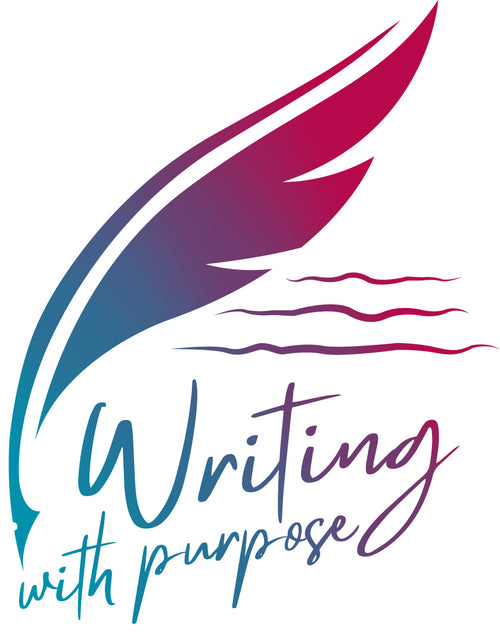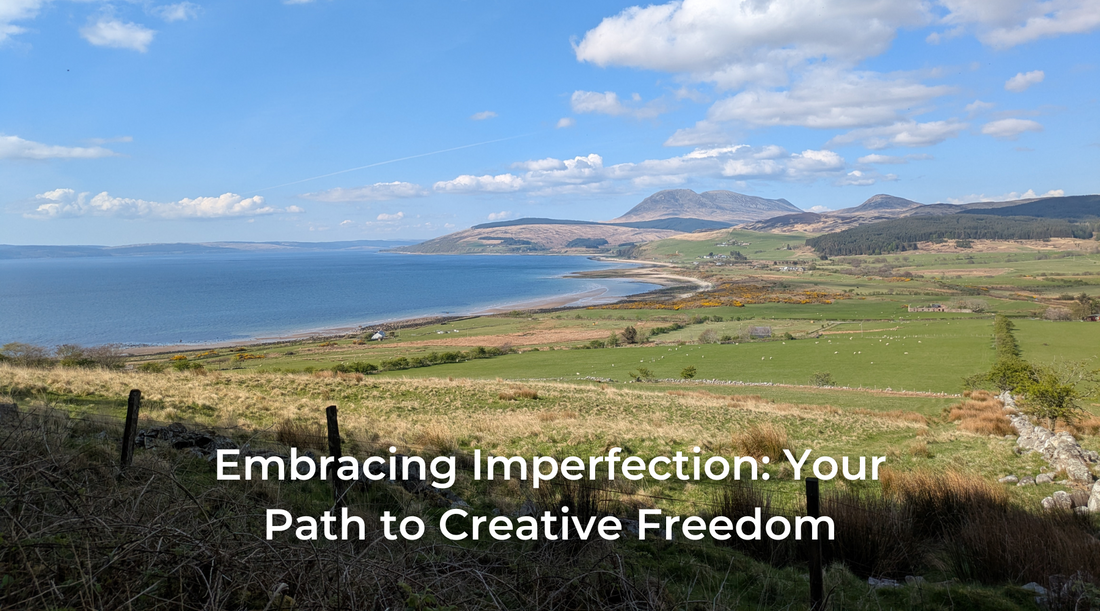I've been watching the birds in my garden lately. They're such busy little things –pecking, flying, building nests, feeding chicks, and just getting on with their day.
This got me thinking about how often we hold ourselves back by procrastination and being a perfectionist.
We often don't start new tasks or projects because we might 'do it wrong.'
We sometimes don't share ideas because they're 'not quite ready.'
We may not try new hobbies because we 'won't be any good.'
But what if, like our garden birds, we just showed up and did our bit without all that pressure?
The Hidden Cost of Perfectionism
As Julia Cameron brilliantly articulates: 'Perfectionism is not a quest for the best. It is a pursuit of the worst in ourselves, the part that tells us nothing we do will ever be good enough.'
This especially resonates during midlife or times of significant change, when many of us reassess our achievements and direction. Research shows that perfectionism is linked to:
- Increased anxiety and stress
- Procrastination and missed opportunities
- Reduced creativity and innovation
- Impaired relationships
- Decreased life satisfaction
Nature's Wisdom on Imperfection
Nature offers us daily lessons in beautiful imperfection. Wildflowers bloom through pavement cracks. Trees grow in unexpected directions. No two leaves are identical. As poet Leonard Cohen reminds us: 'Ring the bells that still can ring. Forget your perfect offering. There is a crack in everything. That's how the light gets in.'
Practical Steps to Release Perfectionism
1. The 'Good Enough' Experiment
Choose one area where perfectionism holds you back. For one week, aim for "good enough" instead of perfect. Notice what happens.
2. Embrace Deliberate Imperfection
Intentionally create something imperfect today:
- Write with your non-dominant hand
- Draw without lifting your pen
- Cook without measuring precisely
- Garden without a plan
3. The 15-Minute Rule
Set a timer for 15 minutes and work on something you've been avoiding. When time's up, stop – regardless of the outcome. Often, getting started is the hardest part.
4. Celebrate Small Wins
Document three 'imperfect but done' achievements each day. They might be tiny, such as sending that email, making that call, or writing one paragraph, but they matter.
Journal Prompts for Overcoming Perfectionism
Explore these questions in your journal:
- What wonderful thing might you try if you knew you couldn't fail?
- Where in your life is "good enough" actually perfectly perfect?
- What would you say to a dear friend who was paralysed by perfectionism?
- How might embracing imperfection free up energy for what truly matters?
The Freedom of Authenticity
In my own journey from paralysing perfectionism to embracing authenticity, I've discovered something remarkable: the work that resonates most deeply with others is rarely my 'perfect' pieces. It's the honest, slightly messy, thoroughly human content that creates a genuine connection.
As Salvador Dalí noted: 'Have no fear of perfection - you'll never reach it.
Your Imperfect Action Plan
This week, I invite you to:
- Choose one project you've been postponing
- Set a 'good enough' standard
- Take imperfect action
- Share your experience (imperfectly) with someone
Remember, progress beats perfection every time. Your imperfect action today might be exactly what someone else needs to see to take their own brave step forward.
What imperfect action will you embrace this week? Share your experiments in the comments – let's celebrate our beautifully flawed humanity together!
_ _ _
Hello! I'm Anna – writer, wellbeing advocate, and devoted outdoor wanderer. There's nothing I love more than combining my passion for words with the healing power of nature.
My mission? To share the transformative magic of creative and expressive writing with 100,000 people over the next decade. Through Writing with Purpose, I blend outdoor adventures with journalling practices to create meaningful experiences for personal growth.
Whether you're seeking deeper self-awareness, navigating life transitions, or simply craving more connection with nature and yourself, I'm here to guide you. My approach weaves together professional writing expertise with evidence-based wellbeing practices, supported by specialised certifications in journal therapy and ecopsychology.
Ready to begin your journey?
- Join me for a Wild Writing Walkshop – where nature meets narrative
- Explore my collection of guided journals and inspirational notebooks
- Discover the basics with my on-demand Journalling for Beginners course – coming soon, register your interest
- Dive deeper with the transformative six-week Journal to the Self programme – coming soon, register your interest
- Listen to my podcast – conversations about writing, journalling and nature connection
Let's explore how writing can unlock your potential – one word, one step at a time.

